Things To Do: Read Someday All the Adults Will Die The Birth of Texas Punk by Pat Blashill
When it comes to the music journalism geography of ‘70s/’80s punk rock, most scribblings concentrate on the Holy Troika of New York, London, and Los Angeles. But in fact, Texas had a surprising (and surprisingly diverse) punk scene of its own.
And though many of the bands, clubs, and scenesters were concentrated in the Capital City of Austin, other areas of activity included Houston, San Antonio and even Dallas.
Pat Blashill was born and raised in Austin and started attending punk shows in 1979. As a photojournalism student at the University of Texas, he often brought his camera along. In 1987, he relocated to New York City, with his work appearing in periodicals like Rolling Stone, the New York Times and Wired.
Now, Blashill has gathered the decades-old remembrances of scores of Texas punk musicians, fans, promoters, club owners, and journalists about that era in the oral history Someday All the Adults Will Die!—The Birth of Texas Punk (272 pp., $29.95, University of Texas Press). Locally, Blashill will have a talk and book signing on August 31 at Basket Books.
Blashill has produced an important, engaging, and historical work that also features his own remembrances, bridge chapters, and both recent and ‘80s-era newspaper, magazine, and fanzine quotes (including a 2008 Houston Press piece written by Chris Henderson).
Using the former Austin Tejano-club-turned-Punk-Ground-Zero club Raul’s as a jumping (or, pogoing) off point, a whirlwind of band names and their members take the stage including The Dicks, The Big Boys, The Standing Waves, The Skunks, The Huns, The Violators, and The Offenders.
The Big Boys at Raul’s Club, Austin, fall 1979: Chris Gates, Seve Collier, Randy “Biscuit” Turner, and Tim Kerr.
Photo by Pat Blashill
And later, street pole flyer fixtures like Glass Eye, Scratch Acid, Toxic Shock, and the most famous and internationally known punk band from Texas, The Butthole Surfers (the only band to warrant its own chapter in the book).
It’s pointed out that, the line between performer and audience in punk rock is thinner and more porous than any other genre. You could be a fan one week and a frontperson the next. Members could be tight friends or mortal enemies. And everyone was looking to make the most lasting impression in those package shows—even if how the attention came occasionally had little to do with music.
Blashill also has fascinating detour chapters on various topics as they relate to the punk scene including misogyny, racism, gender, politics, anger, and especially sexuality in all its stripes. Two of Austin punk’s biggest and most popular names, singers Randy “Biscuit” Turner (The Big Boys) and Gary Floyd (The Dicks), were both physically large gay men. Also skateboarding, fashion, and record stores. Not everyone who remembers those days cover themselves in glory—then or now—but the brutal and blunt honesty is admirable.
Karla Eppler, fan and singer for Toxic Shock, at the Halycon student co-op, West Campus, UT-Austin, fall 1982.
Photo by Pat Blashill
Most of the book covers Austin. Understandable, given its conduciveness to alternative lifestyles, mixing pot mentality, and proximity of the University of Texas. Blashill points out that many in the punk scene also seemed to be Radio-Television-Film majors at the big campus across the street from the Drag.
But Houston does many come-and-go appearances as clubs like Rock Island and the Bone Club; bands mydolls, Really Red, Culturcide; and even Cactus Records pops up. Oddly, Houston’s flag-waving punk rock bearers (and still going strong) The Hates only merit one mention. And head-scratching for whatever reason, Blashill didn’t talk to Head Hate Christian Kidd, perhaps H-Town’s most visible punk rocker.
Members of mydolls including Trish Herrera, though, offer multiple remembrances—some of them scary. She recalls not only the trials of being taken seriously as a woman in punk, but a harrowing experience at the hands of the Houston Police Department, that it’s mentioned often went out of their way to harass punks.
Pulled over purportedly for a failure to use a turn signal, Herrera was arrested, strip searched and thrown in jail. And at a time when HPD was already under fire for unnecessary strip searches. Herrera would eventually win a $5,000 judgment against the city. Others recall a more violent scene in Houston than other cities.
For his part, Blashill owns up to having made a point over the years of describing Houston as “a hell on earth, an inexplicable petrochemical wasteland.” And he notes that no less than three punk songs were written about the infamous 1977 HPD murder of Jose Campos Torres, most famously “Teaching You the Fear” by Really Red.
“Like those in many U.S. cities, Houston punks were broke and scattered across a vast junkspace metropolis. The city was cursed by a lot of the same problems that bedeviled hotbeds of underground music,” Blashill offers. “If the cityscape had been even one ampere less apocalyptic, would the Houston punk scene have coughed up even more great punk music?”
The Butthole Surfers, San Antonio, July 1984: Jeffrey “King” Coffey, Paul Leary, Gibby Haynes, Terence Smart, and Teresa “Nervosa” Taylor.
Photo by Pat Blashill
Eventually, even punk took on the affects of other genres: hardcore (Houston’s own D.R.I.), cowpunk (Rank and File, Hickoids), singer-songwriter (Daniel Johnston), and even blues (Poison 13).
At its best, Someday All the Adults Will Die!—the title cribbed from the cover of an old fanzine—really puts the reader on those sweaty, dank, mosh pits of Texas clubs and among the free spirits who made up the early punk rock scene of the ‘70s and ‘80s.
And those whose voices are heard in the book—now in their fifties and sixties—absolutely evoke an uncharacteristic for punk rock wistfulness for a time teetering between childhood and adulthood. And the most important thing in the world was hanging out with your tribe, drinking beer, looking for a hook up, and jamming to tunes.
Pat Blashill will give a talk and book signing from 4-6 p.m. on Sunday, August 31 at Basket Books and Art, 115 Hyde Park. For more information, call 281-846-6017 or visit Basket-Books.com
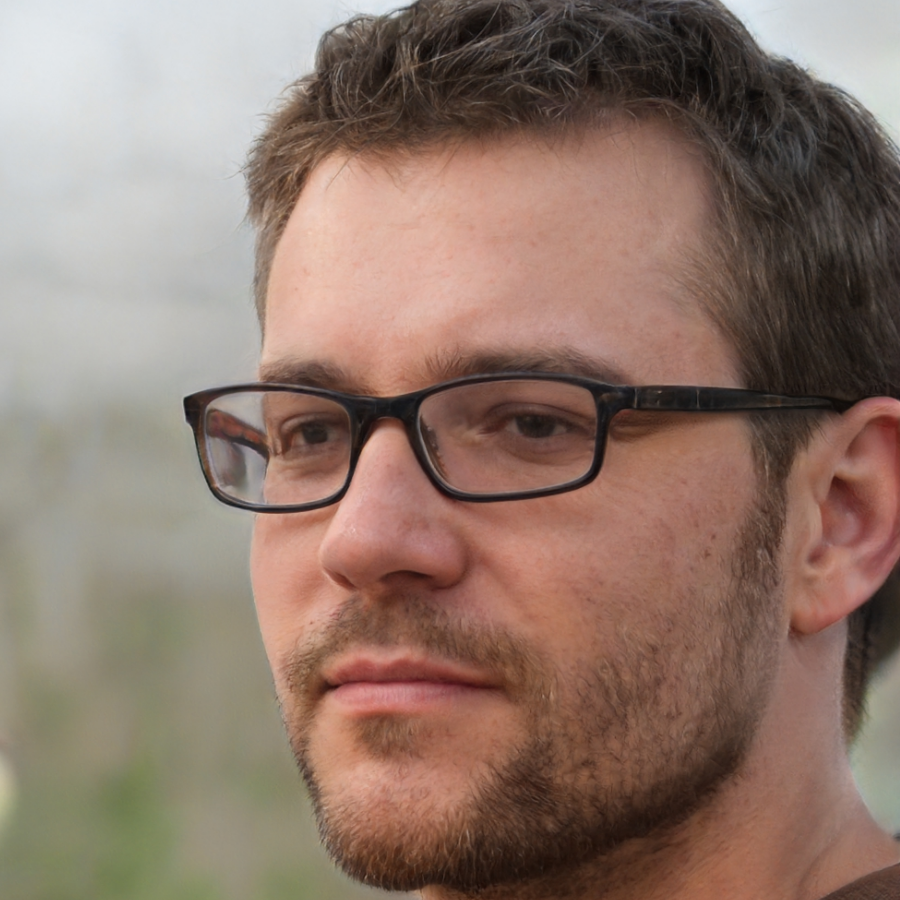
Reign Bowers is an outdoor enthusiast, adventure seeker, and storyteller passionate about exploring nature’s wonders. As the creator of SuperheroineLinks.com, Reign shares inspiring stories, practical tips, and expert insights to empower others—especially women—to embrace the great outdoors with confidence.
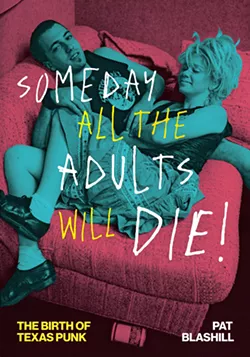





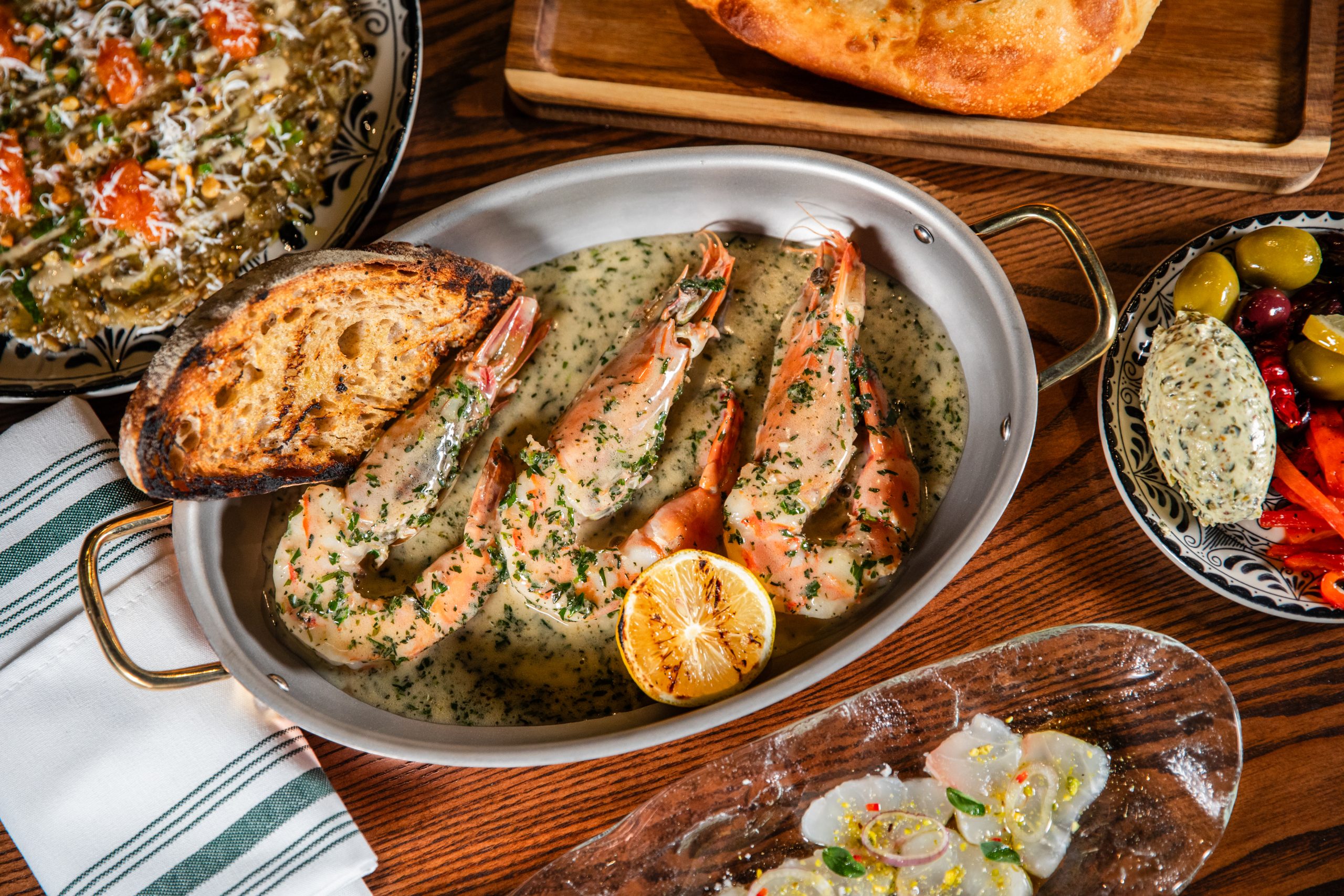
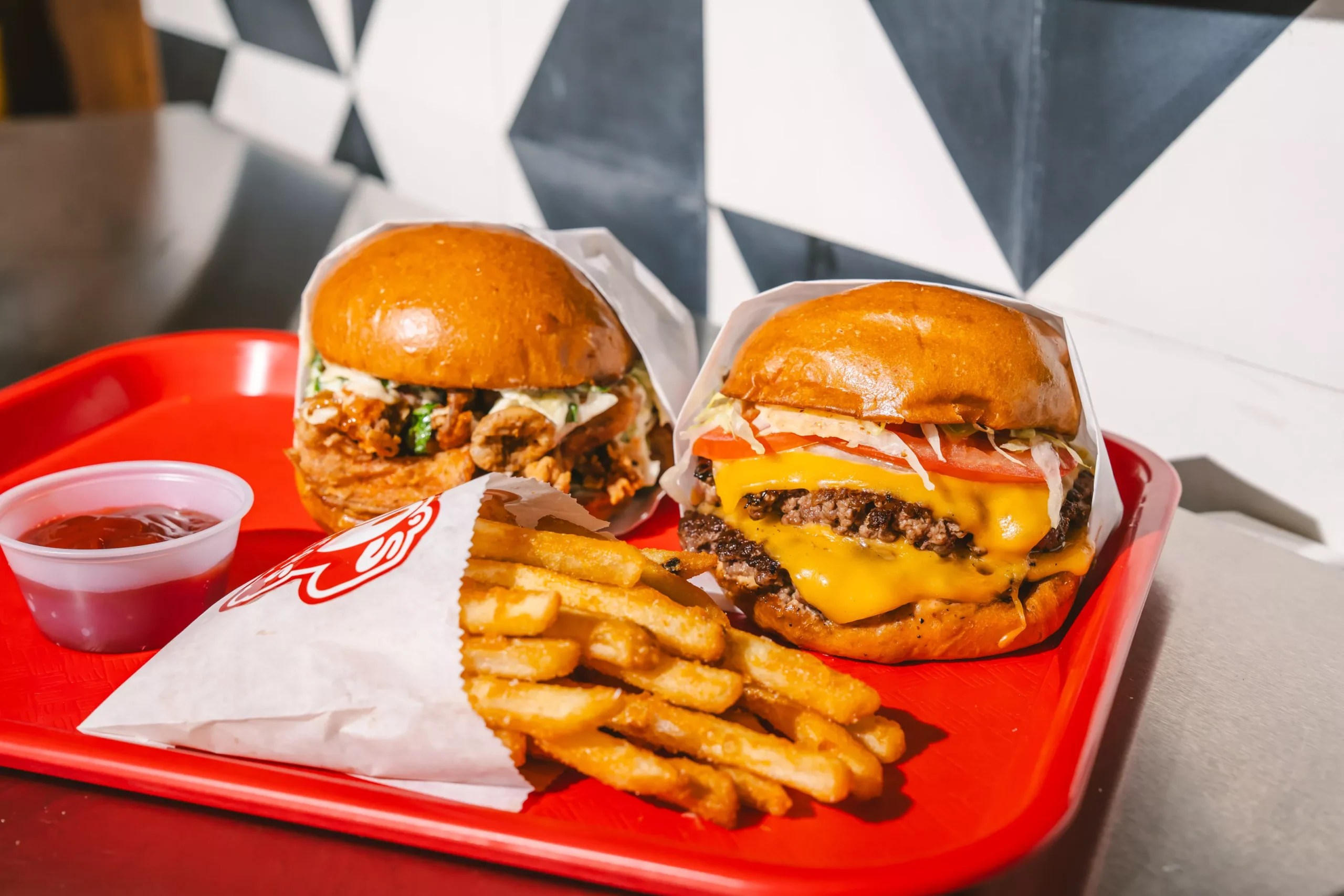
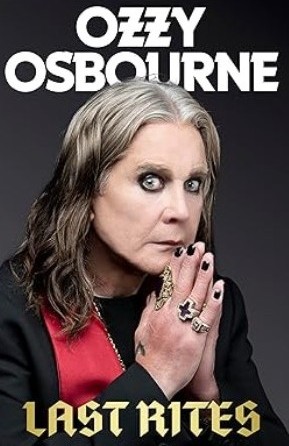
Post Comment